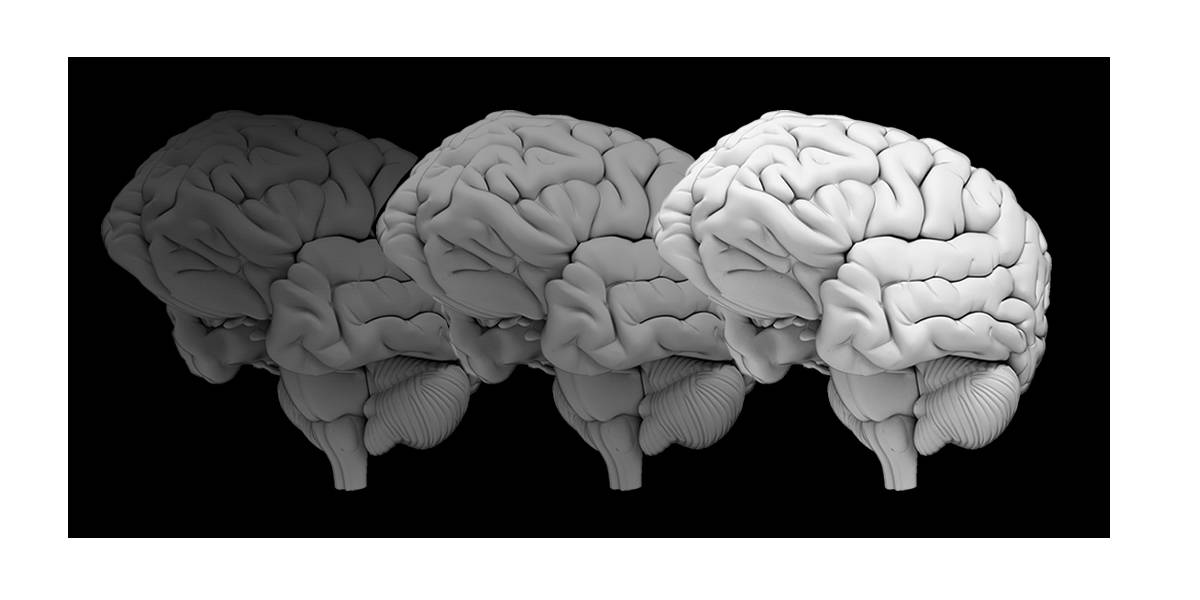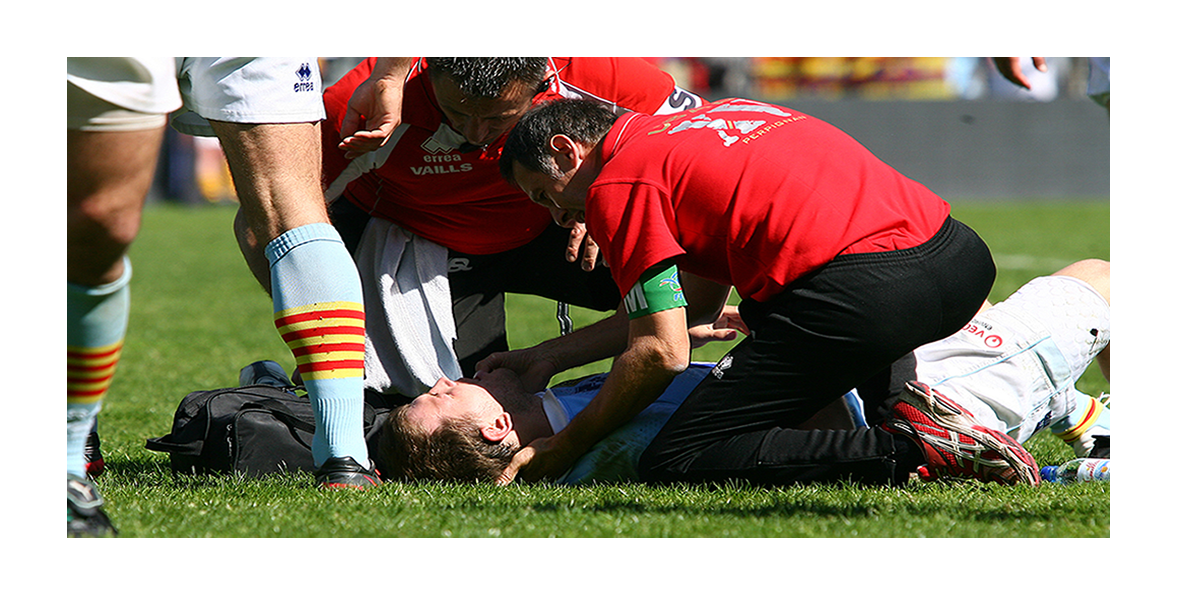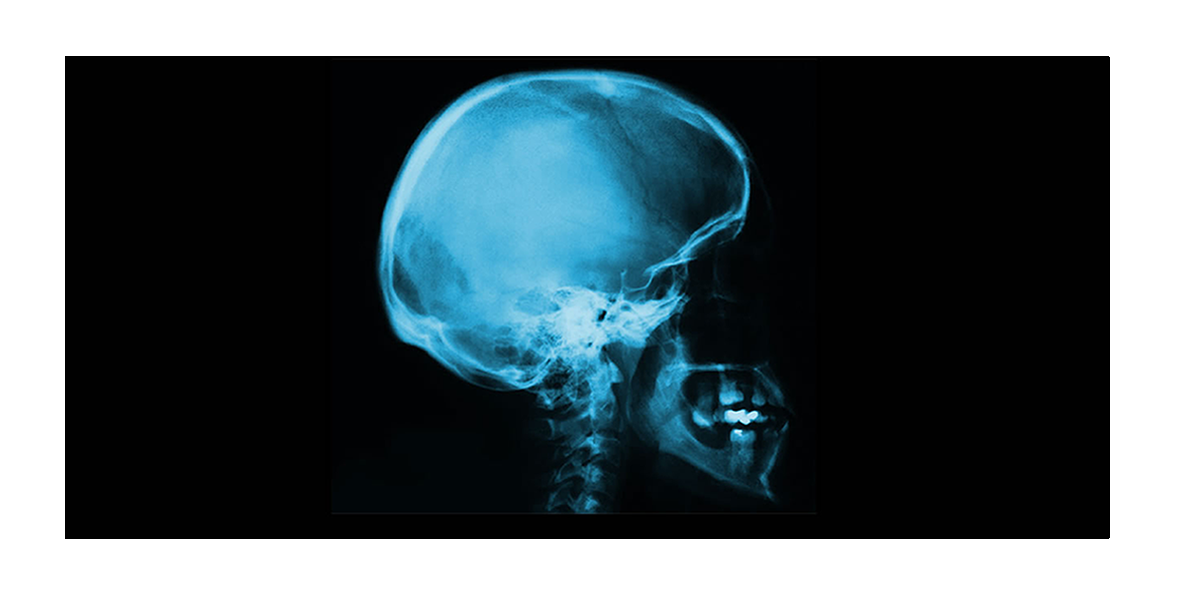Cyclist dies from brain damage from car door
The Age
Steve Butcher
December 9,2014
A motorist has been convicted and fined $1200 after a cyclist who hit the man's car door later died of head injuries.
A Melbourne court heard that Paul Raymond Faulkner had slowly opened the door of his parked car to about 30 centimetres before the victim, who was not wearing a helmet, hit it and he fell onto the road.
The man, who was riding an electric-assisted bicycle, died in the Alfred Hospital eights days after the incident in Highett Road, Highett, on May 26.
A letter from the victim's sister to Faulkner was read to a magistrate on Tuesday in which she wrote that she and her family in no way blamed him for the death.
She wrote that it was uncharacteristic of her brother to ride without a helmet, that he was a "nice man with a kind heart" who had health issues and his family hoped Faulkner was "at peace".
But Faulkner's barrister, Sharon Kermath, told Moorabbin Justice Centre her client remained "devastated", continued to blame himself and that the effect of it would be with him for the rest of his life.
Ms Kermath said that he had already been severely punished for an incident that "could happen to anyone on our roadways".
The hearing came as Fairfax Media reported that police had launched a summer blitz on cyclists in trouble spots, such as Sydney Road, that would also target motorists and pedestrians.
Prosecutor Senior Constable Mike Duthil said Faulkner had parked his car at 12.05pm when the victim struck the partly opened door.
Senior Constable Duthil said two witnesses stated that Faulkner - who was initially given a $300 infringement notice - had slowly opened it to about 30 centimetres.
Faulkner, who was charged with opening a door to impede a person after the death, told police he had looked in his mirror and not seen anyone, then opened his door slowly "just a little bit and this guy ran into it".
"I don't know where he came from," he said.
Faulkner, a labourer, of Chelsea Heights, pleaded guilty to the charge.
Ms Kermath told magistrate Tom Barrett that her client had tested negative to alcohol, had assisted the injured man at the scene and had no prior convictions.
Ms Kermath said the incident was a tragic accident and "not a deliberate act", noting that 27 per cent of road accidents involved cyclists and the importance of wearing helmets.
She also submitted that the government needed to implement plans for more bike lanes.
Mr Barrett agreed it was "obviously a tragic accident for all concerned" with extremely serious consequences.
He noted that Faulkner had voluntarily attended three counselling sessions for road trauma, took into account the "very gracious and moving" letter from the victim's sister and character references for Faulkner.
Mr Barrett acknowledged that Faulkner would "live with this incident for the rest of your life", but said the court had to take into account the consequences of the offence and that because of its serious nature a conviction had to be recorded.
No order was made against Faulkner's licence.






